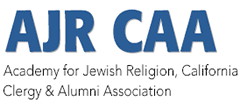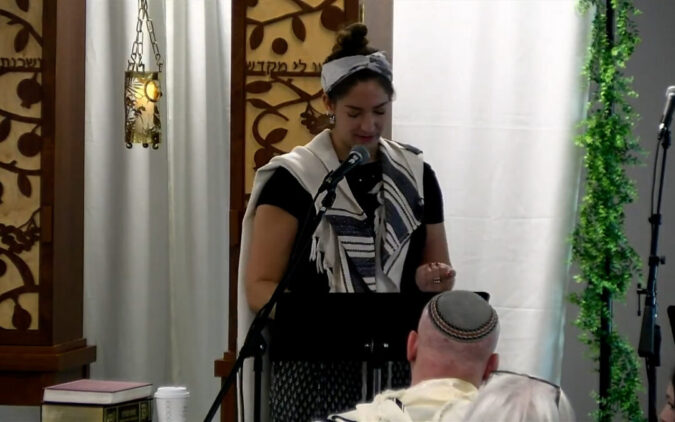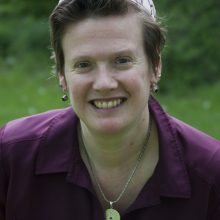Rabbi Jonathan Sacks, z/l: Parashat Behar Minority Rights
Rabbi Sacks observes that while the Torah commands us once to love our neighbor, it commands us 36 times to love the stranger. The obligation to the ger includes the right to live in the Holy Land and the right to share in its welfare provisions. This is an ancient law, way before the Talmudic principles of charity and care to non-Jews as well as Jews.











